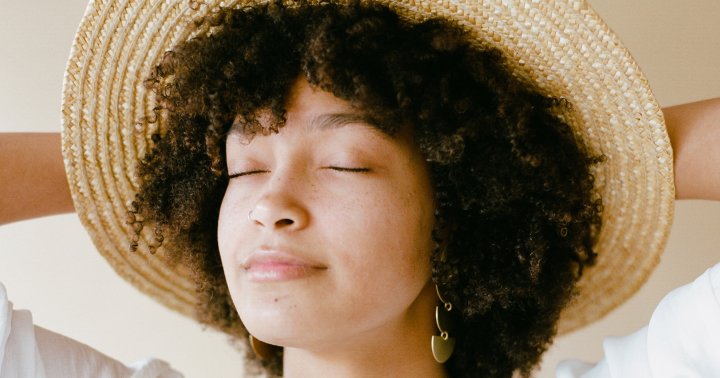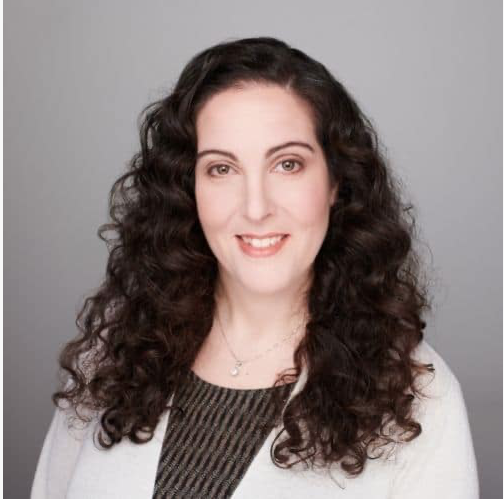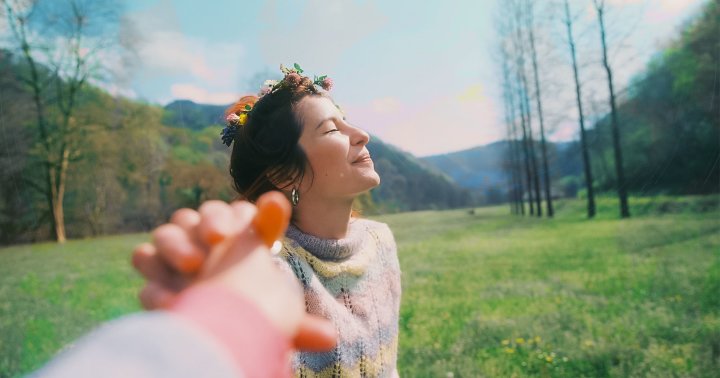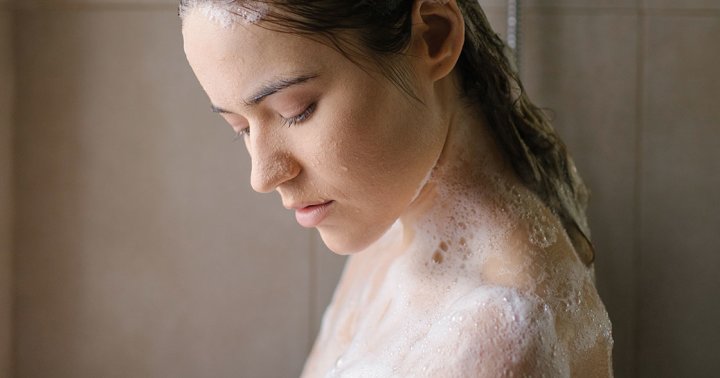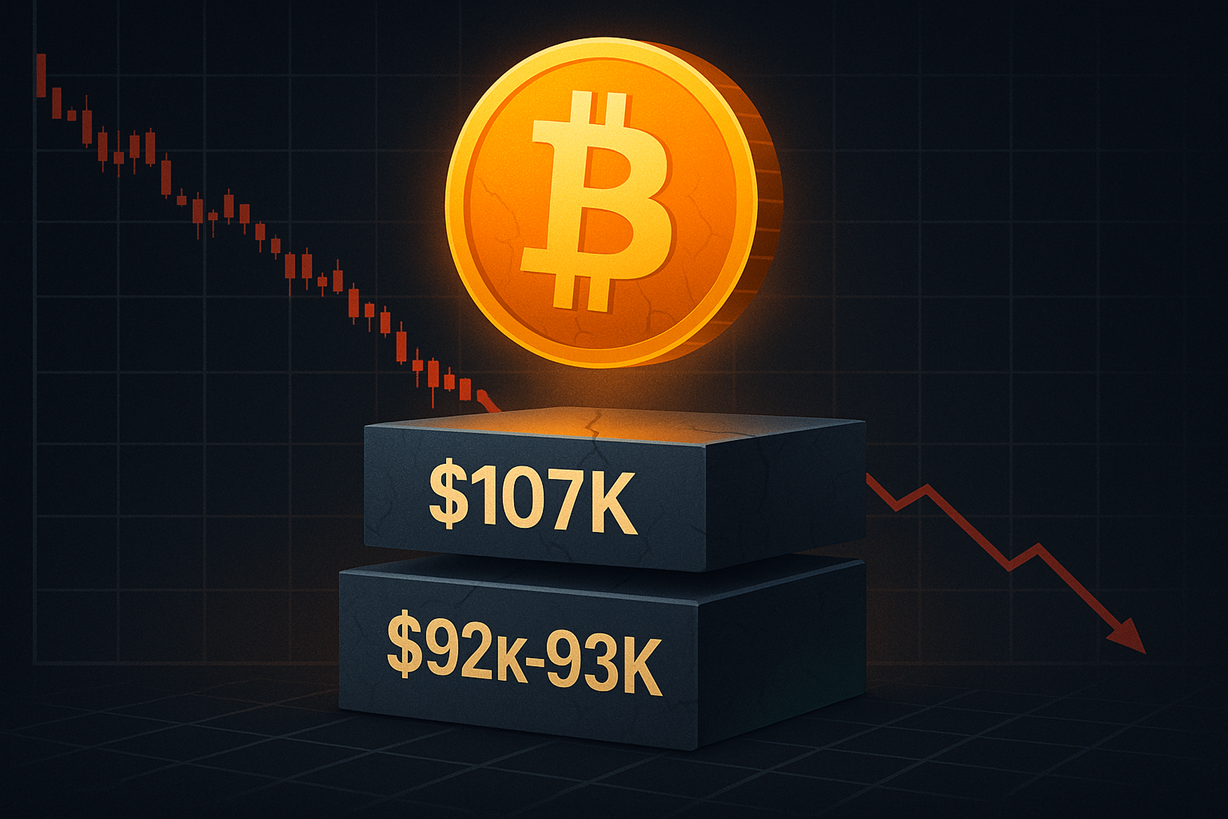Grandmother Mind
Grandmothers care about others and shed tears for their suffering. That’s why Dogen said having Grandmother Mind is the most important thing of all. Zen teacher Susan Moon contemplates her own journey as a grandmother and her responsibility as...
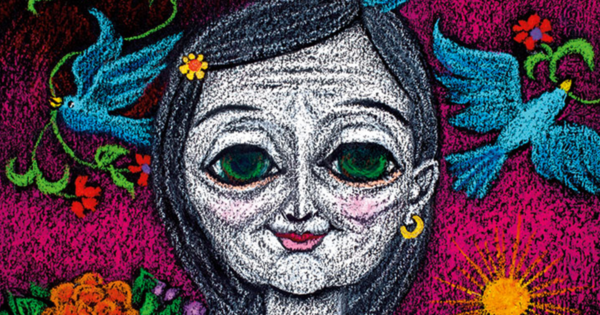
Grandmothers care about others and shed tears for their suffering. That’s why Dogen said having Grandmother Mind is the most important thing of all. Zen teacher Susan Moon contemplates her own journey as a grandmother and her responsibility as an ancestor-to-be.
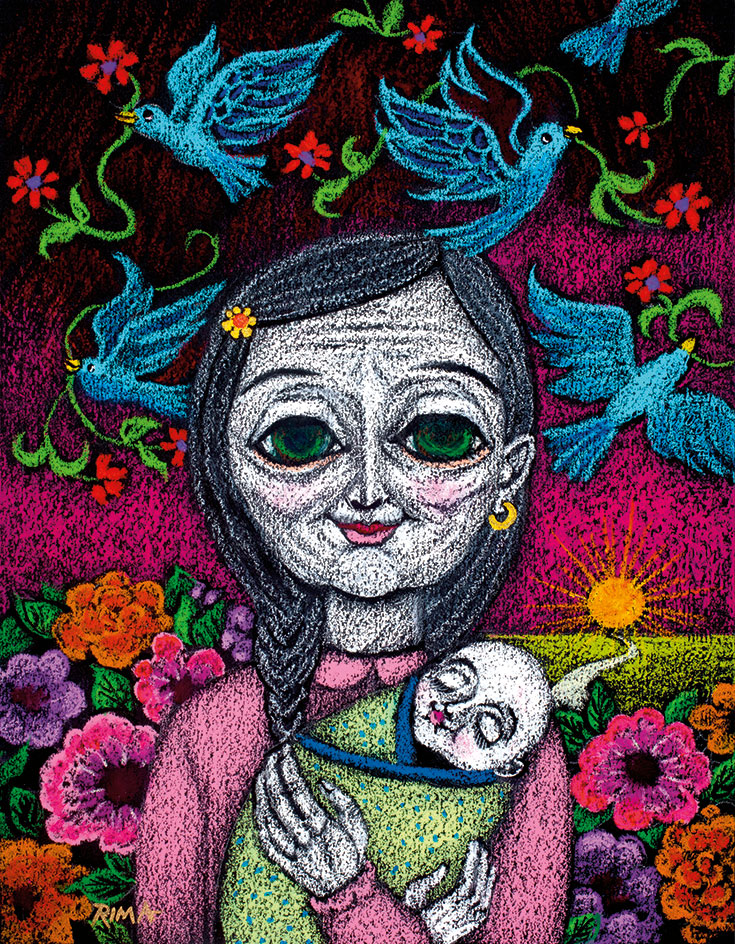
Illustration by Rima Fujita
Zen people talk a lot about how great the Buddhist ancestors are. I used to take a dim view of the whole business of honoring ancestors. I loved my grandparents, but not because they were “ancestors.” When I first began to practice Buddhism in my thirties, I was impatient with the emphasis on the “lineage,” a long list of dead men’s names from India, China, and Japan. About fifteen years ago, thanks to pressure from women practitioners and our male allies, we began chanting the names of women ancestors as well as men in our formal Zen services, a historic turn. But in my early days, I thought the lineage a dusty business, like a pile of tattered diplomas on crumbling parchment, having nothing to do with me or my life.
Now I realize that the ancestors are my lifeblood. We are all made of the ancestors who came before us, those who bore us and those who bore the ones who bore us, all the way back through the generations to Great-Grandmother and Great-Grandfather Amoeba. Some of our ancestors may not have been admirable people, but we come from them, too, whether we like them or not. People who are adopted may not know who their blood ancestors are, but we come not only from blood ancestors, but also from the people who raised us, who taught us to look both ways before we crossed the street and how to tie our shoes.
I’m here because of all the teachers—the first-grade teacher who taught me to read, the sixth-grade science teacher who taught me the ten-point scale of hardness from talc to diamond, the high school and college teachers who helped me love Shakespeare and George Eliot. Come to think of it, Eliot and Shakespeare are themselves my ancestors, as is everyone who handed on the culture that shapes my consciousness without my even knowing it. I’m talking to you now, thanks to the Homo sapiens who first used words, and their descendants who kept passing the language along until it got to me—language that organizes what I see and hear: dark, light, square, round, soft, and loud.
I acknowledge the many people who have been robbed of knowing who their biological ancestors are because the link has been broken by slavery, genocide, war, displacement. There are also people who have been robbed of their cultural and spiritual ancestors, as the past has been torn away from them. There are people who honor and receive guidance from the tree ancestors, the ocean ancestors, the mountain ancestors, and the star ancestors.
When Florence Caplow and I were compiling a book about wise Buddhist women of the past, I came to admire all the women ancestors we included in the book, especially Satsujo, a serious Zen practitioner in eighteenth-century Japan. I was initially drawn to her because she was a grandmother, and I’m a grandmother, too.
As I studied Satsujo and came to feel connected to her, I made a great discovery about ancestors: you can adopt whomever you want as an ancestor. You don’t get to choose your biological parents and grandparents, but when you’re adopting ancestors, you get to invite people you admire—the teachers, historical figures, writers, and artists who have influenced you and encouraged you—to be your ancestors. They’re not going to turn you down. I have adopted Satsujo as a third grandmother, and I take her with me as I go through life. I identify with her more as I get older, and she’s my friend as well as my ancestor. Wanting to get to know her better, as one does with a new friend, I learned what little I could about her life.
Satsujo’s father studied Zen with the great Rinzai teacher Hakuin, and even when Satsujo was a small child, she used to go with her father to see Hakuin. In this way, she became a sincere student of the dharma at a young age, and she continued to practice and study with Hakuin all her life. She was a laywoman, wife, mother, and grandmother, and she taught Zen informally. Hakuin was known for being kind and encouraging to the people in his village, including the women, despite the intensely patriarchal culture of Japanese Zen at that time. He took Satsujo seriously even though she was a woman, and a laywoman at that.
Several stories about straight-talking Satsujo have come down to us. This one, from The Hidden Lamp, is my favorite:
When Satsujo was old, she lost her granddaughter, which grieved her very much. An old man from the neighborhood came and admonished her: “Why are you wailing so much? If people hear this, they’ll all say, ‘The old lady once studied with Hakuin and was enlightened, so now why is she mourning her granddaughter so much?’ You ought to lighten up a bit.”
Satsujo glared at her neighbor and scolded him: “You bald-headed fool, what do you know? My tears and weeping are better for my granddaughter than incense, flowers, and lamps!”
The old man left without a word.
As a mother and grandmother, I can’t think of a sorrow greater than a beloved child’s death. It seems to be against the natural order of events. A grandmother should die many decades before her granddaughter, as any grandmother worth her salt would agree. But I believe a person who doesn’t have any children or grandchildren of their own can imagine this sorrow, too. This story is for everyone.
Apparently the old man thought that if Satsujo were enlightened she wouldn’t cry over her granddaughter’s death. That’s like saying that if you’re enlightened, you won’t be a human being anymore. Satsujo didn’t turn away from her human feelings. Tears are precious. Tears join us to those we love, whether they are living or dead.
Satsujo shows me that an awakened old Zen adept and a brokenhearted grandmother can be one person. She says, Trust your tears. Go ahead and light some incense and offer some flowers if you want to. But it’s the salty river of your grief that flows straight to your granddaughter, wherever she is.
Satsujo knows that grandmothers need to grieve for their grandchildren. What sort of a world would it be if they didn’t? When our hearts are broken, we need to cry. Getting intimate with Satsujo, I stand a chance of catching her courage, her wit, her trust in herself. She teaches me not to cramp my true self with ideas of who I should be and how I should act. She encourages me to cry, out of love. And to call out the fools and tell it like it is.
Zen Master Dogen, in thirteenth-century Japan, had a young student named Tetsu, who was a very serious practitioner with excellent zazen practice and perfect comportment. He recited the sutras fluently and did everything he was asked to do. But he was short on compassion. Before Dogen died, he told Tetsu, “You can understand all of Buddhism, but you cannot go beyond your abilities and your intelligence unless you have robai-shin, grandmother mind, the mind of great compassion.” Dogen’s phrase robai-shin has been translated variously as “grandmother mind,” “parental mind,” “kind mind,” and “compassionate mind.” In his “Instructions for the Zen Cook,” Dogen says that monks should have the spirit of parents or grandparents who, “without regard for whether they themselves are cold or hot, shade or cover the child.” As for Tetsu, he later became abbot at Eiheiji, Dogen’s temple, and I like to think this was possible because he cultivated grandmother mind.
If a young male monk can develop grandmother mind, then a person of any age, gender, and social status can develop it. You don’t have to be a grandmother to give your coat to someone shivering in the cold. A particular nod of recognition is due to all the grandfathers who are devoted to their grandchildren. Grandmother mind is simply a figure of speech. Even grandfathers can have grandmother mind.
During the early weeks of the coronavirus pandemic, I spent a lot of virtual time with my grandchildren: Lali, seven, and Caleb, thirteen, in Texas; and Sally, seven, in Virginia. They were not in school, and their various parents, who are academics, were teaching from home. I missed the kids, and I wanted to be helpful, so until their schools got some online teaching programs up and running, I talked with the kids almost every day on FaceTime. As time went on, and online classes began, we reduced the frequency of the calls to twice a week. A year later, the kids were still in remote learning only and our calls continued.
How do you extend grandmother mind to children via pixel? How do you curl up on the couch with a first-grader and read aloud, remotely? How do you hug them without hugging them? I worked hard to come up with games and activities we could do on FaceTime, without being in the same room together, and for the Texas kids the games had to be what both a seven-year-old and a teenager would enjoy. Choose a few pieces of fruit from the kitchen and draw faces on them, to make a family portrait. Go into the backyard and photograph all the different kinds of bugs you can find and text me the pictures. I mailed them crisp dollar bills from the bank, and after the letters arrived, I showed them how to make origami hearts out of dollars. Sometimes they entertained me. When I ran out of new ideas, we turned to our fallback activity of twenty questions. The last time we played, Caleb confounded Lali and me. In response to the traditional first question, “Is it animal, vegetable, or mineral?” he replied, “All three.” Down the line I asked, “Can you see it?”
“Every time you open your eyes you see it,” he said. Hmmm…
Lali asked, “Is it in the universe?” But no, it wasn’t in the universe. How could this be?!? More questions.
Finally, we closed in on it. It was Lali’s turn again: “Is it the universe?” Yes, it was the universe.
“But’s that’s not fair!” I objected. “You said it wasn’t in the universe.”
“It isn’t in the universe,” said Caleb in a reasonable voice. “It is the universe.”
A short ontological debate followed, and Caleb persuaded Lali and me that you never say a thing is inside of itself. “Is this glass in a glass?” he said, holding up a water glass in front of the iPhone camera. Okay, he had a point.
Our calls stretched my grandmother’s heart all the way to Austin, Texas, and further east, over the Blue Ridge Mountains to the little town of Lexington, Virginia. Even when there are obstacles to expressing your love, like being miles apart in your bodies and having only a flat screen as your meeting place, grandmother mind doesn’t give up easily. Grandmother mind finds a route.
So, too, if you are visiting a friend in prison and you are seated on opposite sides of bulletproof glass and you have to shout to be heard, robai-shin will keep reaching out until it passes through the glass. Or if you are visiting your mother in intensive care, and she has a ventilator and can’t carry on a conversation, just trust yourself to your own loving intentions and you will find alternate expressions, like giving her a foot rub or singing her that song she liked about the Erie Canal. Grandmother mind is the mind of great compassion and it’s for all of us.
The other side of honoring our ancestors is remembering that we ourselves will become ancestors, whether we like it or not. One of my favorite Zen texts is “Old Dogen’s Prayer,” or “Eihei Koso Hotsuganmon,” in which he thanks our ancestors for their great compassion and care for us, and he assures us that we, too, will be buddhas and ancestors.
Buddhas and ancestors of old were as we; we in the future shall be buddhas and ancestors….
Those who in past lives were not enlightened will now
be enlightened.
In this life, save the body which is the fruit of many lives.
Before buddhas were enlightened, they were the same as we.
Enlightened people of today are exactly as those of old.
We are, inevitably, the ancestors of all who come after us, whether we have progeny or not. Isn’t this reassuring? The respected sages of former times were human beings with human feelings and foibles, too. They were stubborn, or bossy, or afraid. They burned the rice and spilled candlewax on the sutra book. They snuck out of the monastery in the middle of the night to do mischief. Whatever. I’ve been and done some of those things, and Dogen says I’ll be an enlightened ancestor even so.
So as not to waste all the lives that have donated themselves to my life, I take care of this body, and while I’m here I try to be fully here. I try to develop the mind of great compassion. I practice grandmother mind. Playing with my grandchildren, I try not to make the mistakes I made with my children. With grandchildren, it’s easier to think, It’s all good! I try to become a good ancestor. I say to myself, Satsujo was like me. I, in the future, will be Satsujo.
When I say “I in the future will be Satsujo,” I’m saying that I, like the rest of my cohort, will be an ancestor to all who come after me, not just to my own blood descendants or people who knew me. And they will be ancestors to those who follow them. I’m not saying that there will be stories recorded about this distinct me in future dharma books, or even that my grandchildren will tell stories about me to their grandchildren after I’m gone—though, if I happen somehow to get word of it, I’ll be touched if they do. I’m saying that time will take me beyond my personal self to join the river of buddhas, the continuity of the dharma.
Since we will become ancestors after we die, whether we like it or not, we might as well practice now by loving the beings we meet with grandmother mind, even if we aren’t grandmothers and even if they aren’t children.
Thanks for being my ancestor, Satsujo.

 Kass
Kass 








